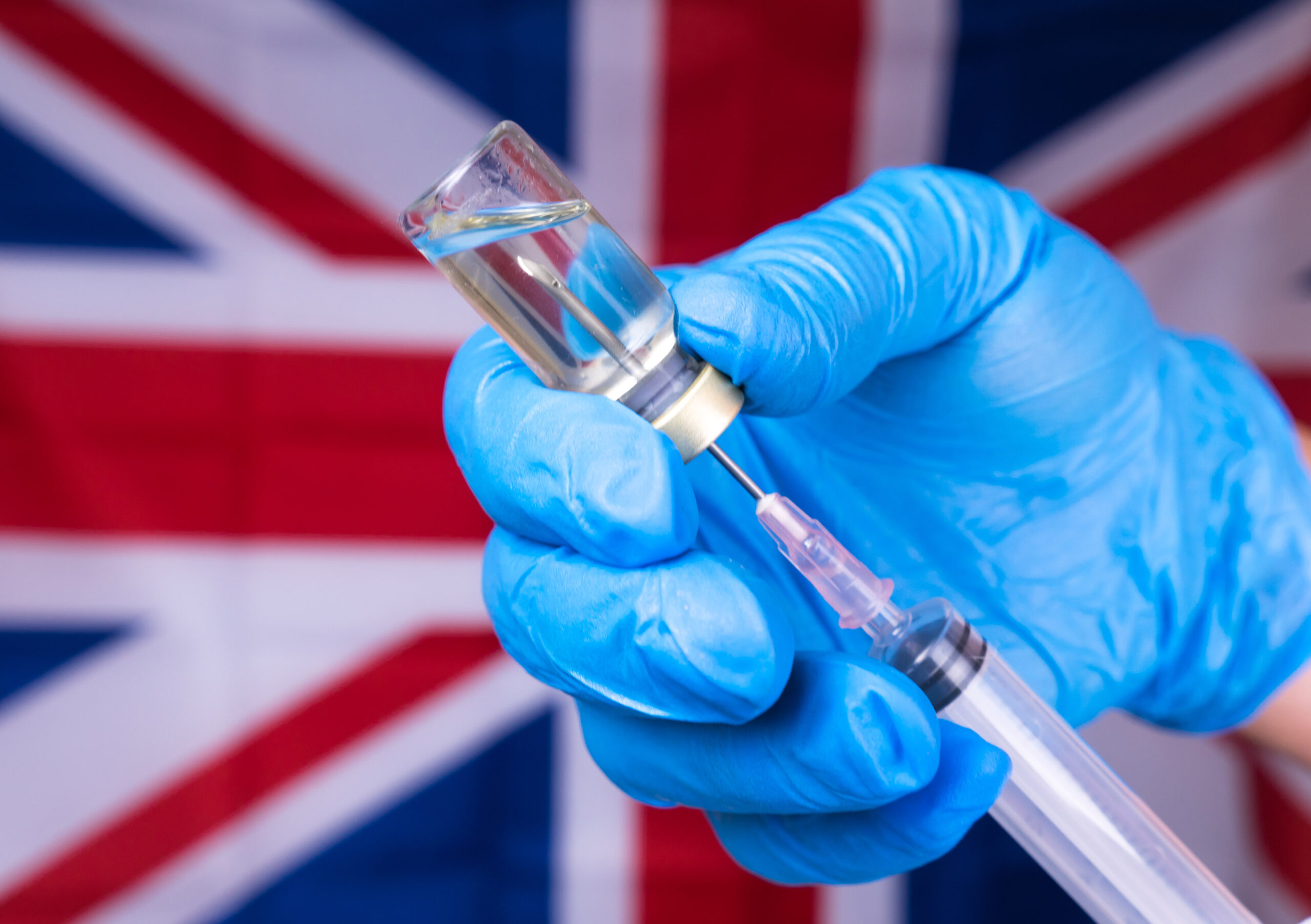On November 15th, ASBM submitted comments on the United Kingdom’s Medicines and Healthcare products Regulatory Agency’s (MHRA’s) guidance intended to help developers of biosimilars more clearly understand the requirements for biosimilar products in the UK.
- UK reference products
- the lack of requirement for in vivo studies in animals
- the changes in the requirement for a comparative efficacy trial in most cases
Among the elements addressed in ASBM’s comments was the language surrounding the need for comparative efficacy trials. The MHRA Guidance stated “In most cases, a comparative efficacy trial is not considered necessary.” From ASBM’s comments:
Given that it is not possible to create a structurally identical copy of a reference product, ASBM believes that a comparative clinical study will generally be warranted to rule out the existence of any clinically meaningful differences between the proposed biosimilar and the reference product. While there are cases in which a comparative efficacy trial is not warranted (ie, when structure, physicochemical characteristics, and biologic activity can be well characterized and clinically relevant PD parameters are available), we believe this will be a minority of biosimilar products and recommend the language in the guidelines be amended to state,
“In some cases, a comparative efficacy trial is not considered necessary”.
With regard to biosimilar substitution practices, however, MHRA’s guidance states:
The decision rests with the prescriber in consultation with the patient, who needs to be aware of the brand name of the product received. Substitution at the pharmacy level without consulting the prescriber is not permitted for biological medicines, including biosimilars.
This provision is constent with subsitution practices throughout nearly every European country, and with ASBM’s position. From ASBM’s comments:
Around the world, substitution decisions are largely handled at the local government level; in the US, the decision of whether a biosimilar is substitutable is made at the state level. In Canada, this decision is made at the provincial level, while within the European Union, the decision is made by individual Member States. ASBM believes that patients and their physician should remain in control of their treatment decisions, rather than an insurer, government, pharmacy, or other third party. We support MHRA’s position on the prohibition of automatic substitution.
